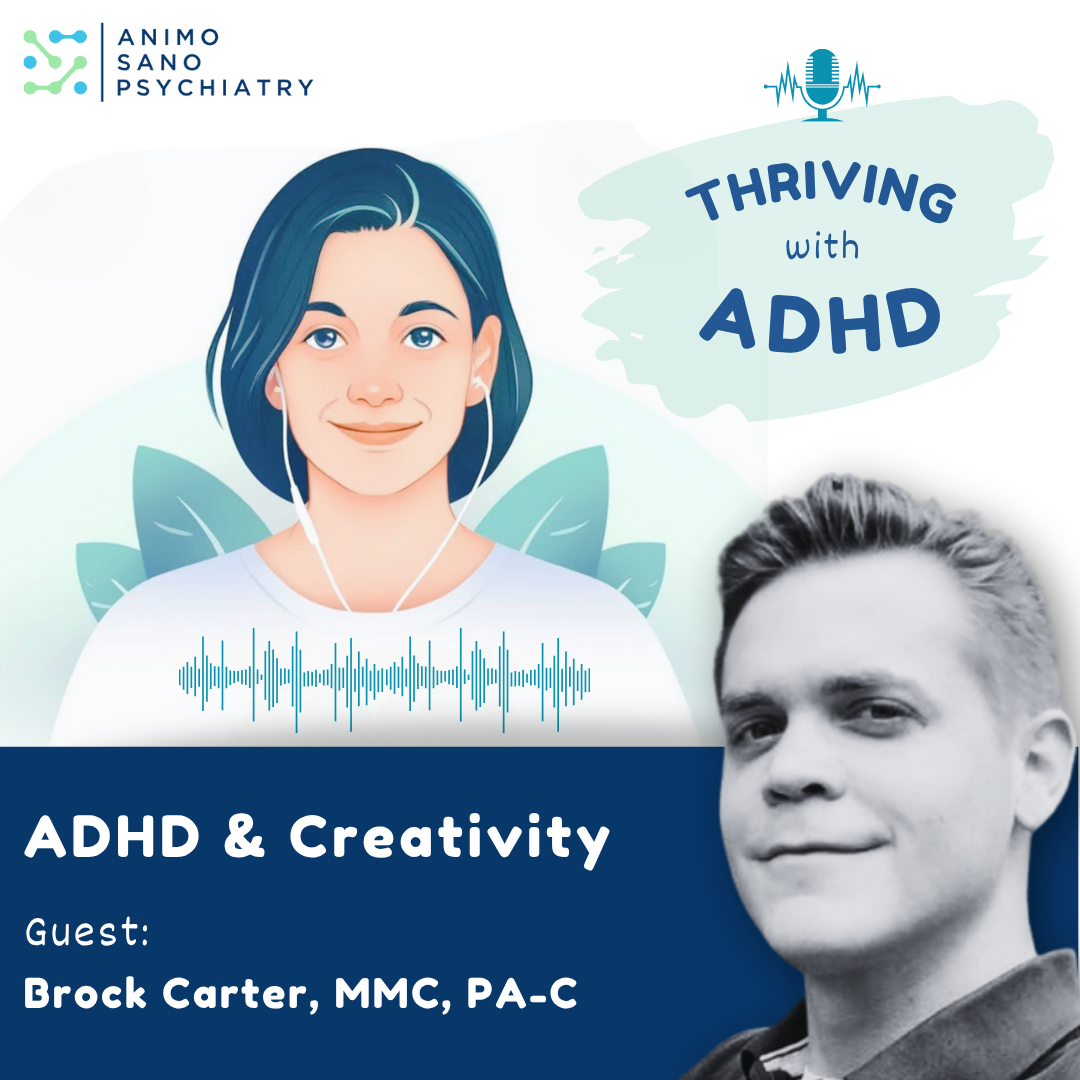
Attention-Deficit/Hyperactivity Disorder (ADHD) is more than just a challenge with focus—it’s a complex interplay of attention regulation, impulsivity, emotional reactivity, and executive dysfunction. While stimulant medications like Adderall or Ritalin are often the first line of treatment, many individuals seek sustainable, skill-based strategies to manage their symptoms. Cognitive Behavioral Therapy (CBT) has emerged as a powerful, evidence-based approach that addresses the cognitive and behavioral patterns underlying ADHD.
Does CBT Work for ADHD?
Absolutely. CBT is not only effective but also increasingly recognized as a viral part of ADHD treatment. A comprehensive meta-analysis of 43 clinical trials identified organizational strategies, problem-solving, and third-wave techniques (such as mindfulness) as the most effective CBT components for reducing ADHD symptoms.

What Are the Five Steps of CBT?
Cognitive Behavioral Therapy (CBT) is a structured approach designed to help individuals with ADHD identify and modify unhelpful thought patterns and behaviors. The five-step process typically includes:
- Assessment:
Understanding how ADHD affects daily life and pinpointing specific challenges, such as time management or emotional regulation. - Identifying Negative Thought Patterns:
Recognizing cognitive distortions, like self-criticism or pessimism, that contribute to ADHD symptoms. - Challenging and Reframing Thoughts:
Replacing negative thoughts with more constructive and realistic ones, such as reframing “I can’t do this” to “I can break this task into smaller steps.” - Behavioral Experiments:
Testing new strategies, like setting timers or creating a reward system, to replace unproductive habits. - Skill Consolidation:
Practicing and reinforcing new strategies to ensure they become sustainable and effective over time.
Is CBT More Effective Than Medication for ADHD?
While medication can provide adequate symptom relief, it doesn’t build a foundation of lifestyle changes that are long lasting. In contrast, CBT offers long-term benefits by equipping individuals with practical skills to manage their symptoms. A study published in the Journal of Attention Disorders found that while medication combined with CBT is the most effective treatment, CBT alone continues to show increasing effectiveness over time, whereas medication’s benefits can sometimes level off over time.
How to Practice CBT Techniques on Your Own

Self-directed CBT can be a valuable tool for managing ADHD symptoms. Here are some practical exercises:
- Thought Journaling: Track negative thoughts and identify patterns.
- Progressive Muscle Relaxation: Reduce physical tension to improve focus.
- Mindfulness Meditation: Enhance attention and emotional regulation.
- Task Breakdown: Divide large tasks into manageable steps to reduce overwhelm
While self-help strategies can be beneficial, working with a trained CBT therapist can provide personalized guidance and support.
CBT vs. Medication: A Comparative Overview
| Aspect | Medication | CBT |
| Onset of Effect | Rapid symptom relief | Gradual improvement over time |
| Skill Development | Does not teach coping strategies | Provides practical tools and techniques |
| Side Effects | Potential for physical side effects | Minimal to none |
| Long-Term Benefits | May plateau | Continues to improve with practice |
Combining medication with CBT often yields the best outcomes, addressing both the neurochemical and behavioral aspects of ADHD.
The Emotional Dimension: Addressing Rejection Sensitivity
Many individuals with ADHD experience Rejection Sensitive Dysphoria (RSD), characterized by intense emotional reactions to perceived criticism or rejection. CBT can be instrumental in managing RSD by helping individuals reframe negative thoughts and develop healthier emotional responses.
Final Thoughts
CBT offers a comprehensive, skill-based approach to managing ADHD, addressing both the cognitive and emotional challenges associated with the disorder. By fostering self-awareness, enhancing emotional regulation, and developing practical coping strategies, CBT empowers individuals to navigate daily life more effectively.
Responsibly edited by AI
Animo Sano Psychiatry is open for patients in North Carolina, Georgia and Tennessee. If you’d like to schedule an appointment, please contact us.
Get Access to Behavioral Health Care
Let’s take your first step towards. Press the button to get started. We’ll be back to you as soon as possible.ecovery, together.



